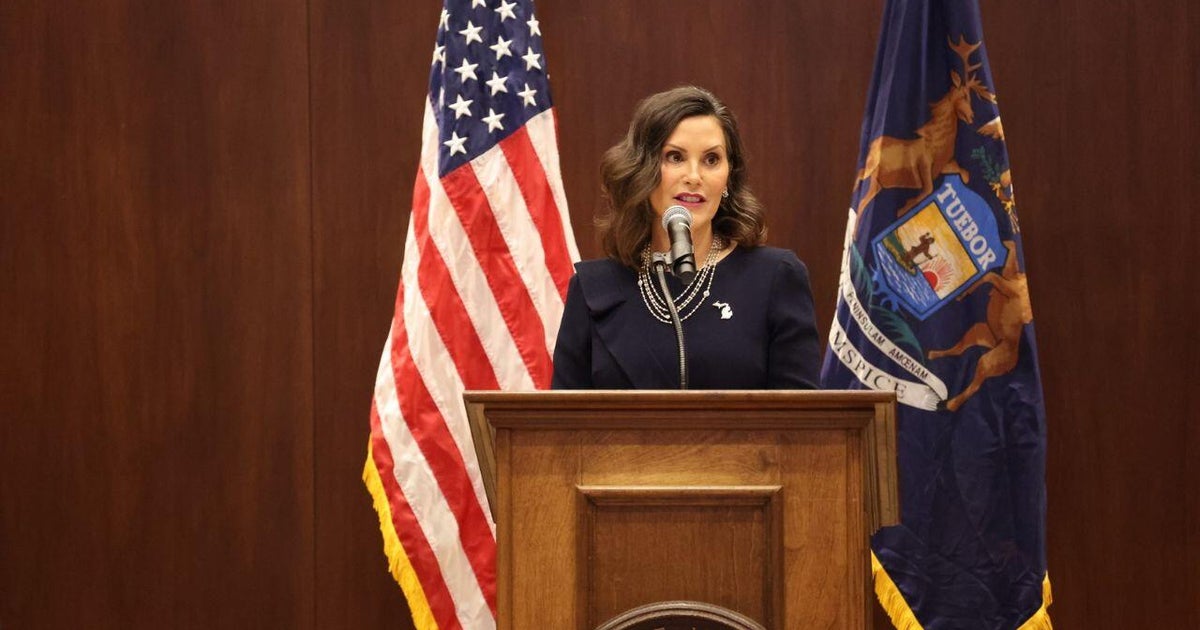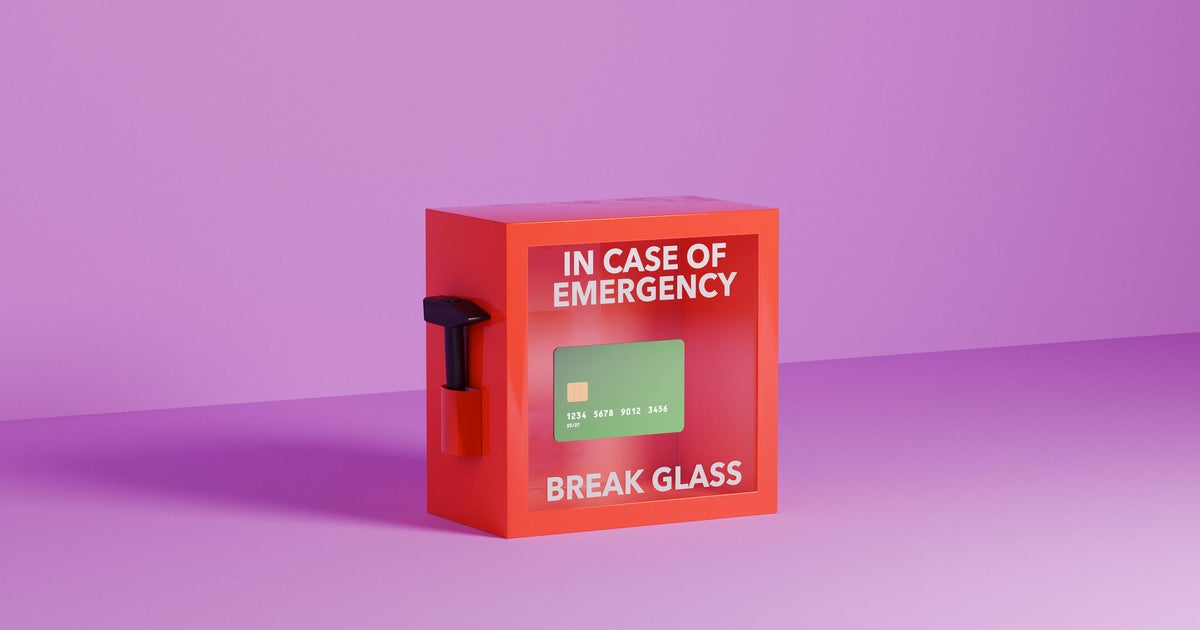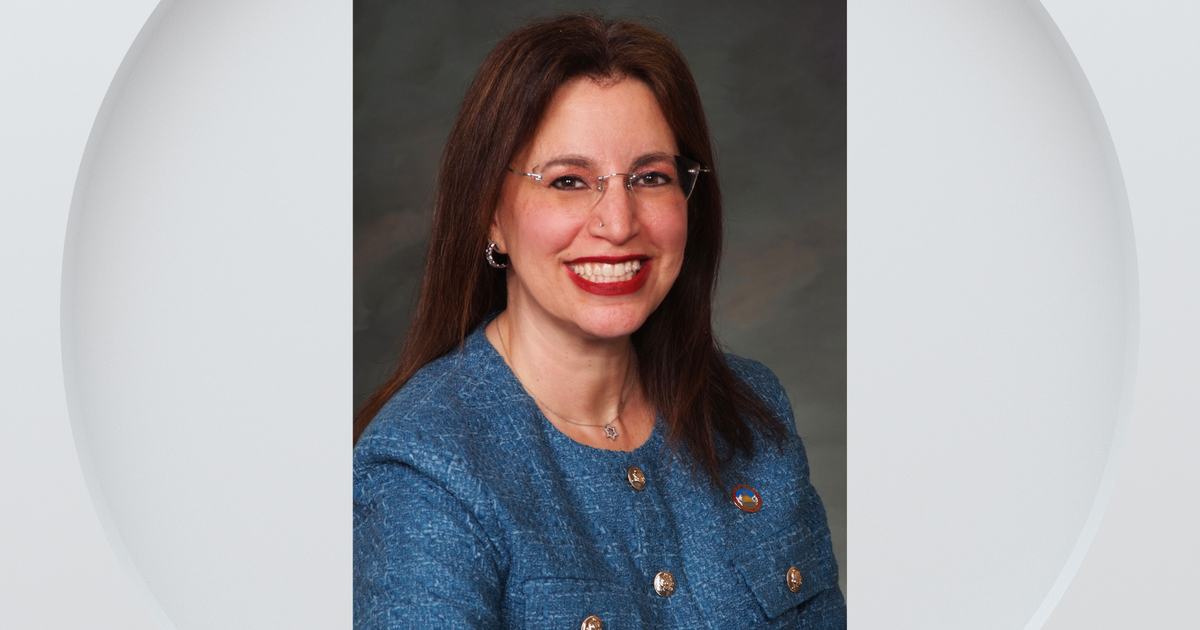Report: Premium Support For Medicare Would Boost Consumer Cost
MIAMI (CBSMiami) – A new study from the Kaiser Family Foundation found that a premium support payment system for Medicare, like Republican presidential nominee Mitt Romney, would cause nearly six in 10 Medicare recipients to pay higher premiums.
According to the study, the model Kaiser put together found premiums for traditional Medicare by more than $200 a month in Florida. The study undercuts Romney's message in Florida, but carries with it a major caveat.
The study isn't an exact analysis of the Romney-Ryan plan because the Republican presidential nominee hasn't released complete details about how his plan would work. Kaiser said its study was modeled on what Ryan and Romney have proposed in the campaign.
Both Republican candidates have advocated changing Medicare to a premium support system headed by private plans that receive a fixed amount from the government. Whatever the difference between what the government pays and the consumer is charged will be passed on to the Medicare patient.
Romney's approach would mirror the difference between traditional workplace pensions and modern-day 401(k) plans, in which the employer contribution is limited. While Medicare financing wouldn't be as heavy a lift for taxpayers, the risk is that retirees could end up paying more if medical costs rise.
The study's main finding is that changing Medicare from an open-ended program that covers the same benefits across the country will have profound local implications.
Since Medicare spending per person varies dramatically around the country, privatizing the program would create big regional disparities. In high-cost areas, the difference between the second-least expensive private insurance plan and traditional Medicare can be substantial, said Neuman.
Because the government's contribution would be limited under the new system, seniors in areas with high medical costs would see an increase in their premiums for traditional Medicare unless they switch to a low-cost private plan.
In low-cost areas, the reverse would be true: seniors in private plans would pay higher premiums unless they switched to traditional Medicare.
Overall, the study found that 59 percent of all Medicare recipients would face higher premiums if they stick with their current coverage, including about half of those in the traditional program.
(TM and © Copyright 2012 CBS Radio Inc. and its relevant subsidiaries. CBS RADIO and EYE Logo TM and Copyright 2012 CBS Broadcasting Inc. Used under license. All Rights Reserved. This material may not be published, broadcast, rewritten, or redistributed. The Associated Press contributed to this report.)







